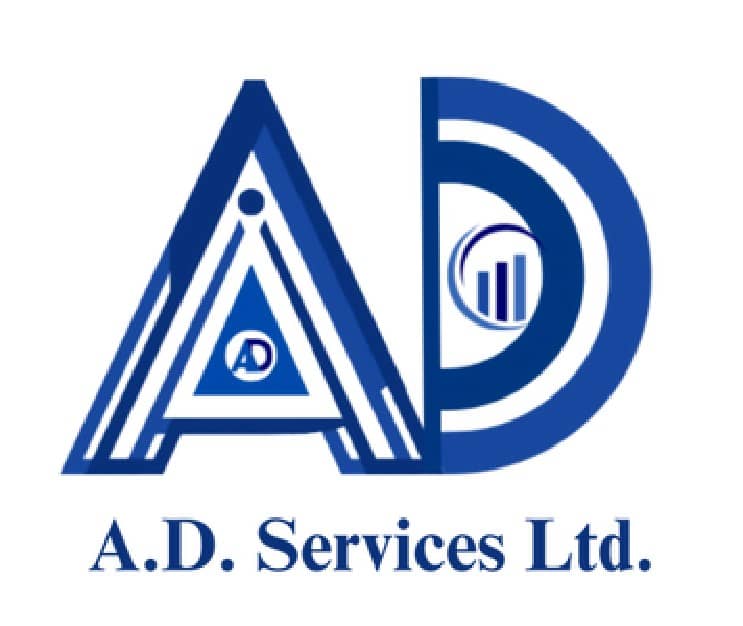
- Home
- About
- Services
Our Services
- Company formation
- NSC/ CVOR
- IFTA
- USDOT
- MC number
- EIN
- UCR Registration
- SCAC Code
- Carriers
- BOC-3 process agent filing
- Drug test and Alcohol testing enrollment
- Barcode labels (PAPS/PARS)
- ACE/ACI setup
- ELD setup
- Safety and Maintenance Policy
- Drug and alcohol Policy
- Oregon, New York, New Mexico and KYU enrollment
- Drug Testing
- Fleet Solutions
- Blog
Carriers
What is the Carriers Code
Carriers involved in the international goods transportation business require carrier code. This code will help them to map the regulations set by the CBSA – Canadian Border Service Agency; even if carriers are crossing the Canadian border once a month, they need this carrier code.
CBSA assigns 4 digit code to identify the carrier.
Once carrier code to one company (Corporation, Partnership or proprietorship).

Who is Eligible?
Carriers operate a conveyance and are active in international commercial transportation. Conveyance is to have legal custody as an owner, a lessee, a purchaser under some conditional sale, or mortgagor.
Carrier code is further divided into two main types: Bonded Carrier code and Non-bonded carrier code.
Carriers with Bonded code
A bonded code is an essential permit that allows importing and exporting necessary commercial goods into and from the U.S. and Canada, respectively. Mainly, It guarantees the Canadian and U.S. government authorities provided by the carriers that they are bound to pay owed tax, duties, and fees.
Both countries have their regulations on import and export transportations between them. Therefore, carriers operating goods in these countries need to understand the guidelines and comply accordingly.
Bonded Carrier
Custom bond or carrier bond is an important document required to secure the importing commercial consignment costs over $2500 into the U.S irrespective of the types of commodities, whether food items or construction material or any other product. It is a commitment that you will fulfill all the tax legalities whatsoever owed to the federal government.
Custom bond permit differs as per the requirement. A carrier can opt for a “single entry” permit or “Continuous bond / multiple entries” permit, depending on the business’s need. This permit comes with great benefits for the carriers importing goods from various U.S. ports of entry.
Both Countries, U.S. and Canada, have different regulations for these custom bond permits.
U.S. Bonded Carrier
The U.S. Custom bond offers permits on entry. For one-time use, carriers can get a single entry permit, and for frequent transportation of goods, carriers can opt for a continuous bond/ multiple-entry permit.
Canadian Bonded Carrier
Unlike the U.S., Canadian authorities do not offer entry system custom bond. Carriers importing goods in Canada either pay at the border or get a customs bond to pay later in the future. It allows carriers to import goods and release them in Canada, and not at the border.
Canadian authorities help carriers in determining whether they want a custom bond or not.
Who needs Bonded Carrier?
- Carriers operating internationally.
- Warehouses or Facility Operators desire to become a Custom bonded facility.
- Individuals/agencies wish to become an approved Custom broker or an authorized gauge or a laboratory.
How to obtain this Bond permit?
Fill out your basic details and we will take you through the hassle free process to obtain the Custom Bond.